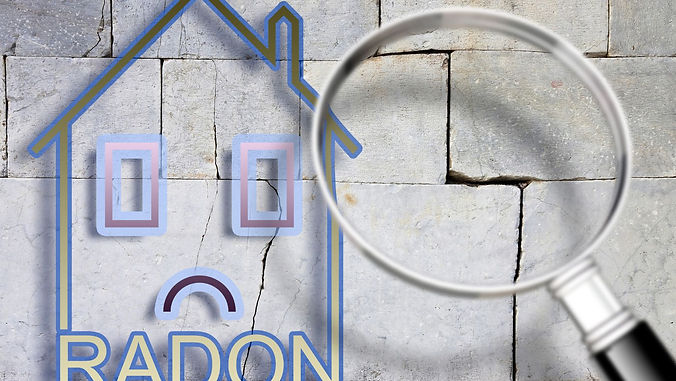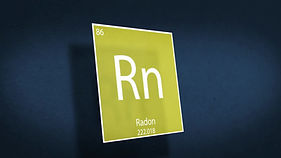

Radon Testing
Our Radon Testing Inspection service at Bear Inspections offers a thorough assessment of your home in Georgia, to detect radon gas presence. Utilizing advanced detection equipment, our experienced technicians can accurately measure and analyze radon levels. Our skilled technicians provide a detailed report of their findings and necessary recommendations, ensuring accurate and reliable results. Rest assured, all our inspections, like professional house inspection and pre-purchase home inspection services, comply with relevant regulations, ensuring accurate and reliable results. Our commitment is to deliver the best service and achieve the highest level of customer satisfaction, offering you peace of mind for your home's safety with guidance from our Tips for Homebuyers Book provided by Bear Inspections.
Goal of Inspection
The objective of the inspection at Bear Inspections is to identify any signs suggesting improper installation, underperformance, or the need for repair of a radon mitigation system.
While InterNACHI's Standards of Practice for Inspecting Commercial Properties and Home Inspection Standards of Practice don't mandate radon mitigation system inspections, we may offer this service alongside a comprehensive property inspection or as a separate stand-alone service.



Key Points For Radon Testing
Radon testing is essential for all homes, regardless of their location or age.
According to the EPA, radon tests should be carried out in the lowest livable area of your home, typically the basement. Two methods of radon testing are passive and active. Passive methods involve leaving a test kit in the home for a specific period, while active methods utilize electronic monitors for continuous radon level measurement, tailored to Georgia.
For reliable results, the EPA suggests conducting radon tests for at least 48 hours, maintaining closed building conditions during the test. If radon levels exceed the EPA action level of 4.0 picocuries per liter (pCi/L), homeowners should take appropriate measures to mitigate radon, similar to pre-purchase home inspection and professional house inspection services.
Qualified home inspectors will provide a comprehensive report detailing the radon test results and any recommended mitigation actions. It's crucial to understand that radon testing requires specialized training and certification. Home inspectors must be properly certified to conduct radon testing. If not, they should advise homeowners to hire a certified radon testing professional, ensuring the safety and health of their homes with guidance from our Tips for Homebuyers Book provided by Bear Inspections.





